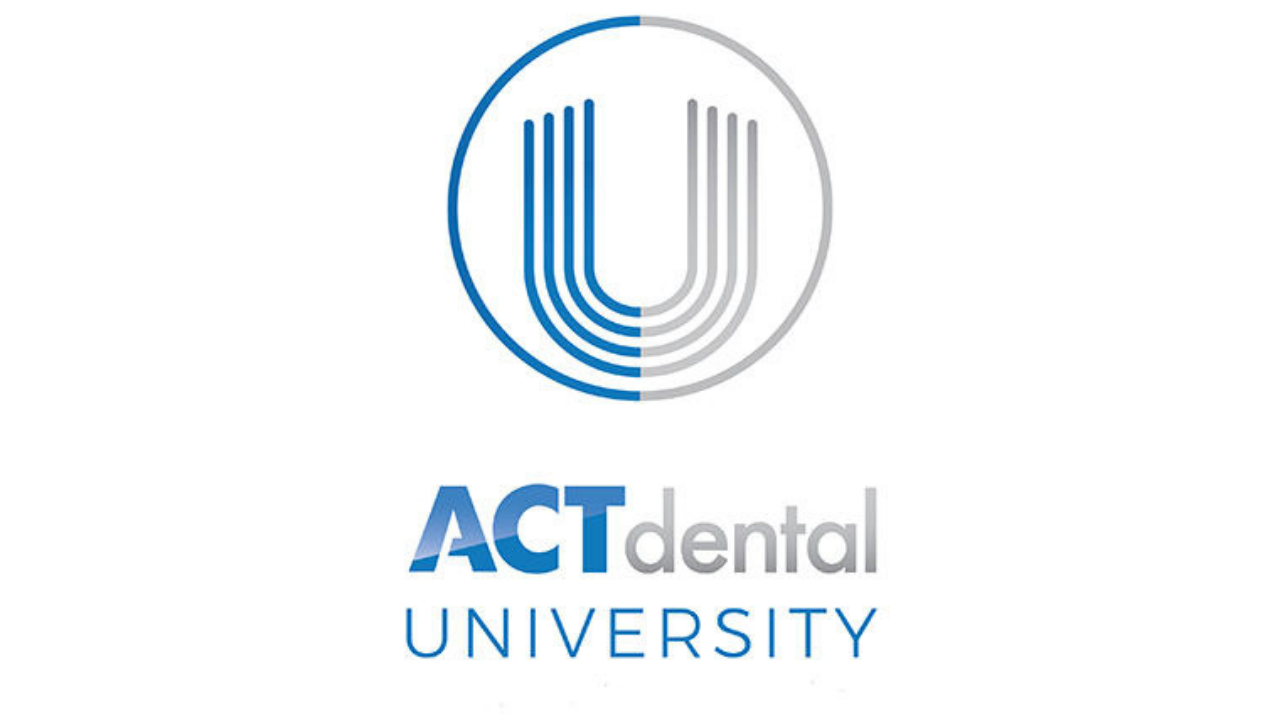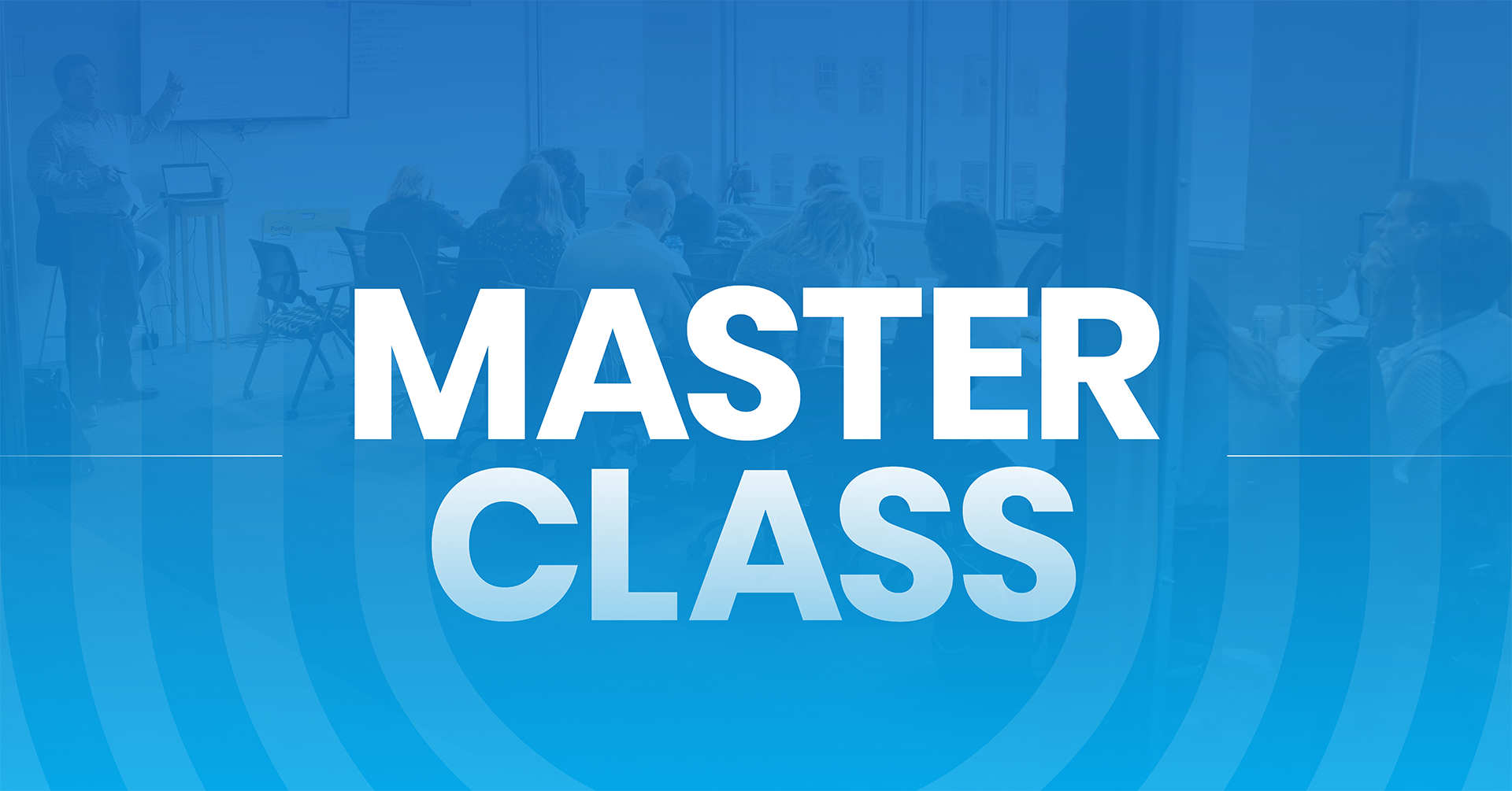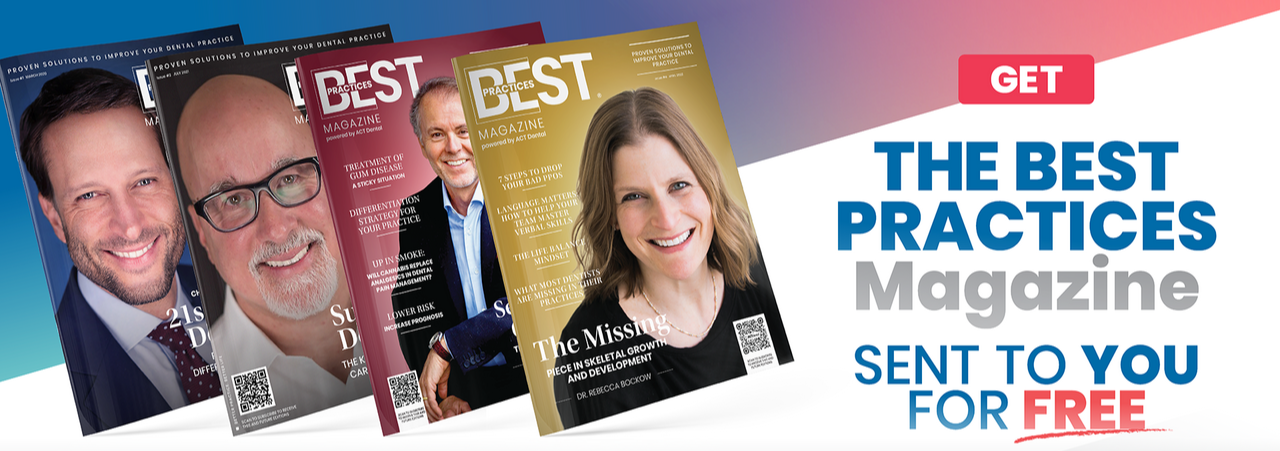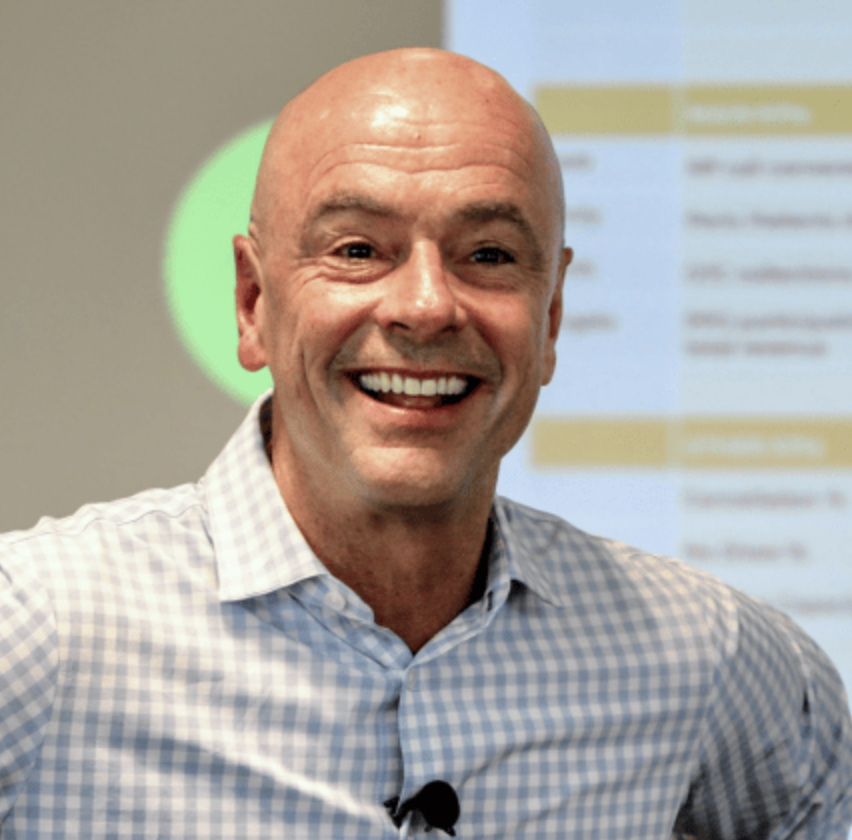6 Major Scheduling Mistakes You’re Making Right Now in Your Practice
Scheduling is one of the most important aspects of operating a successful dental office. I think “Time is the new Rich.” Those who learn how to control their time and give their best energy to the things that matter most live happier, more fulfilled lives. No question about that. In dentistry, it’s no different—when your schedule takes over your life, it can feel quite overwhelming, and you can end up frustrated with everyone and everything around you.
Having a proper perspective on your schedule, is critical to you enjoying your practice as a dental professional. It is less about the number of hours you work per week, but rather what goes in those hours instead. We coach dentists all the time that the key to a Better Practice and a Better Life isn’t about working harder, it’s about “Thinking Better.”
Here are the 6 major scheduling mistakes we see in “well intended” dental practices all over the country:
1. You Haven’t Decided Which Hours YOU Want To Work
“Expanding capacity” is a very popular term in dentistry right now. It is, without question, the easiest way to grow a dental practice. Just make it super easy for anyone to come to you on any terms.
Doing this, however, should never come at the expense of your life or set, regular working hours that first work best for you and your team. Having a regular work week is likely one of the reasons you became a dentist in the first place. Lets face it, you wanted to have a great life too. Whether you work 8 a.m. to 5 p.m. or 7 a.m. to 3 p.m. (the straight eight), the key piece is that YOU decide when you work.
After you have decided what hours work best for you, then your challenge is to train your team and your patients about how we create value for those hours and the procedures that you perform in those hours.
In the end, a high quality dental office (or any business for that matter) creates huge value for the people they serve and then gets their customers (patients) to come into the business during the hours THEY work, not vice versa.
Chick-fil-A Restarants now make more per restaurant than McDonald’s, Starbucks and Subway Combined … and It’s Closed on Sundays. In fact, the average Chick-fil-A unit made around $4,090,900 in 2017. By contrast, the total sales for a McDonald’s ($2,670,320 per unit – many of which are open 24 hours a day), Starbucks ($945,270) and Subway ($416,860) is $4,032,450.
Which one would you want to own?
It is not your hours, it is what goes IN your hours.
2. You Ask Your Patients, “What Works Best For You?”
This is one of the worst questions you could ever ask a patient. It implies, “I can see you at any time — for the most part.” And the honest answer for any patient when asked this terrible question is “nothing works for me.”
Again, your challenge is to create enough value so that patients come in during the hours that you work. Don’t ever ask them what works best for them.
Creating value for any appointment starts one place – at the chair (or well before the patient gets to the front desk). The value for any appointment has to be first created by the team member describing the WHY behind the appointment — then clearly describing the WHEN and HOW of the appointment (even if they don’t do the scheduling themselves).
For instance, “Dr. Smith does these appointments early in the mornings. Let’s walk up to the front and Julie (front desk team team member) will find you a nice 8:00 am for this appointment.”
What about offering patients choices?
It is true that humans beings do like having choices. Research shows that choices makes individuals feel powerful. Patients do like choices, but they should never be “morning” or “afternoon.” Make patients feel powerful in your office by giving them 2 choices, but make sure they are YOUR choices first. Present two choices that are 2 different appointment times that best benefit the patient by coming in and doing the procedure when the dentist and team members are best at performing it.
For example, “I have an 8:00 am on ________ or I have a 9:00 am on ___________________.”
3. You Work Evenings to Expand Capacity
Dentists are growing their practices—and often doubling their production—just by being open more hours and allowing more patients to come in. Its true. It works. Many experts are teaching this at seminars all over the world.
What these experts won’t tell you is that when you expand capacity (with hours and more insurances), you are building a patient base predicated on two things: you’re cheap and you’re easy to get to. Of which, these patients will leave you for someone who is cheaper and easier to get to in one second.
Working evenings to grow production builds a patient base on two factors that do not lend themselves well to the career you likely want in dentistry. And likely, you give up valuable hours of your life (like family dinners) to serve these people — who in the end, don’t care and don’t stay.
4. You Don’t Stop Patients When They Try to Cancel Their Appointment
When people cancel on you often, you must address it right away. Never say “No problem.” It is actually a huge problem.
As dentists, we teach people how to treat us. When cancellations are happening, it’s an indicator of two problems: (1) we’re not creating enough value in the practice and (2) we are letting them cancel.
An office team has to be well-trained with the verbal skills necessary to stop cancellations. It’s important to reward good behavior, like keeping and showing up for appointments, and taking all available steps to stop bad behavior.
I don’t know who said this, but I love it, “What you allow — you promote.”
It is true.
5. You Don’t Intentionally Pre-Schedule Appointment Slots to Match Your Energy
As a dentist, one of the most critical things you must do is manage your time and energy effectively (and be more self-aware as you mature) to know when you perform certain procedures best during the day.
Dentists often like to do their most productive procedures in the morning and their less productive procedures in the afternoon. What you do is very valuable and requires that you give your best energy to those things that matter most when providing high quality care.
If patients run your schedule, you’re going to do those procedures whenever they can come in. But when you start to create value, you will be able to craft a schedule aligned with your peak energy levels and time management goals.
6. You Don’t Have a SYSTEM For Communicating With Your Patients
In order for your team to be exceptional they have to have great training, and they have to have great systems.
People don’t run your practice—systems do. Systems for communicating with patients are clearly outlined, step-by-step protocols on how you schedule certain procedures. Systems also include verbal skills accompanied with these written documents. If a system is not established writing, then it doesn’t really exist. The larger your practice is, the more important it is to have these written protocols.
Better yet, your team is starving for SYSTEMS. Help them perform better in their roles by making sure all best practices are documented so that they can give their best energy to the things that matter most — your patients.
Learning how to avoid these common scheduling mistakes will allow you to improve the quality of care you provide to patients, while increasing the amount of production you can achieve at your practice.
If you would like to learn more about the step-by-step actions you can take to improve ongoing scheduling practices at your dental office, download ACT Dental’s checklist of the Seven Golden Rules of Scheduling for Higher Profits and a Happier Team.
Categories

Get access to the best dental educators on the planet to bring you "best practices" and help you become the dentist you were called to be. Watch what you want, when you want it. It's 24/7 on-demand access. Friday's we host "Master Classes" with the very best dental speakers you will ever see.

Reserve your spot at the next ACT Dental Master Class
Learn From One of the Best Educators During Our BEST PRACTICES MASTER CLASS Experience.
Kirk Behrendt
Kirk Behrendt is a renowned consultant and speaker in the dental industry, known for his expertise in helping dentists create better practices and better lives. With over 30 years of experience in the field, Kirk has dedicated his professional life to optimizing the best systems and practices in dentistry. Kirk has been a featured speaker at every major dental meeting in the United States. His company, ACT Dental, has consistently been ranked as one of the top dental consultants in Dentistry Today's annual rankings for the past 10 years. In addition, ACT Dental was named one of the fastest-growing companies in the United States by Inc Magazine, appearing on their Inc 5000 list. Kirk's motivational skills are widely recognized in the dental industry. Dr. Peter Dawson of The Dawson Academy has referred to Kirk as "THE best motivator I have ever heard." Kirk has also assembled a trusted team of advisor experts who work with dentists to customize individual solutions that meet their unique needs. When he's not motivating dentists and their teams, Kirk enjoys coaching his children's sports teams and spending time with his amazing wife, Sarah, and their four children, Kinzie, Lily, Zoe, and Bo.
RECENT POSTS
876: The Kois-Coachman Digital Dentistry Event & The IntraOral Scanner Festival – Dr. Christian Coachman
April 18, 2025
Rest Isn't A Reward, It's A Requirement!
April 14, 2025
Data Snapshot: # of Office Days Open
April 11, 2025
Weather Any Storm: The Power of Focus
April 07, 2025
871: Metric Mondays: Gross Profit Percentage: The Health Indicator of Your Practice – Dr. Barrett Straub
April 07, 2025
Embrace Conflict to Unlock Trust
April 04, 2025









